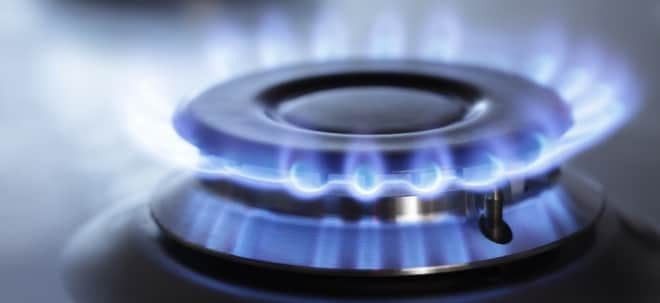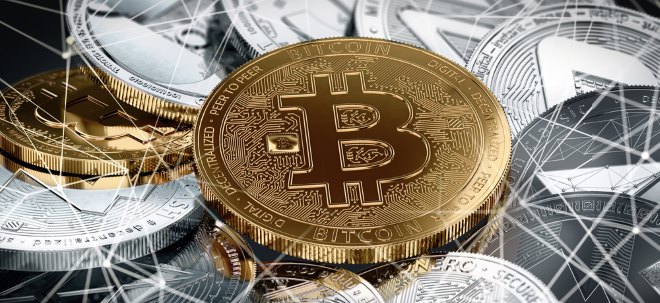PARIS, France (Reuters) -- News of surprisingly large drops in German and French unemployment provided further evidence of accelerating economic growth in the euro zone, but the good news was coupled with warnings about rising prices.
A report of faster inflation in May reinforced the view that the European Central Bank will hike interest rates at a meeting in Spain on June 8, perhaps even by half a point, due to ECB fears about the pace of price rises.
Germany announced Wednesday a surprise decrease in its jobless rate to 11 percent in May, the lowest since December 2004, from 11.3 percent in April.
France said its unemployment rate dropped to 9.3 percent in April, a three-and-a-half year low, from 9.5 percent in March.
The number of jobless Germans fell 93,000 to a seasonally adjusted 4.596 million, the Federal Labor Office said.
French Labor Minister Jean-Louis Borloo went on television overnight to reveal a drop in France's unemployment rate to its lowest since November 2002. The number of jobless, also adjusted for seasonal factors, fell to 2.544 million from 2.583 million.
"I hope that we will reach 8.9 percent before the end of the year but we must move towards 7.9 percent," said Borloo, whose center-right government recently ditched plans for easier hiring and firing because of widespread street protests.
Germany and France, which respectively account for 28 and 21 percent of the euro zone's total economic output, have long been blighted by jobless rates well above the average figure of the European single currency area, which is closer to 8 percent.
Much of the drop in France seemed, nonetheless, to be due to government-aided job contracts, and some economists said it was too early to predict that May's surprise drop in Germany would be regularly repeated in the months ahead, in scale at least.
Separate reports from the European Commission in Brussels and the EU statistics office, Eurostat, showed further, slight, improvements in industry and consumer sentiment in May as well as a rise in the annual rate of consumer price inflation to 2.5 percent, from 2.4 percent in April.
"All in all, data suggest that the economy is continuing to grow above the trend, as it seems to have been doing since the start of the year, said Holger Schmieding, an economist at Bank of America.
"It definitely adds to the argument for an accelerated pace of rate hikes."
A Reuters poll of 60 economists, conducted between May 26 and May 31, showed all but one were betting on a quarter-point rise in the ECB's key interest rate, though several economists said on Wednesday they would not rule out a rise twice as big.
Euro zone government bonds, which had been trading solidly in comparison to shaky equities early on Wednesday, weakened on the prospect of tighter monetary policy, while shares recovered a bit from renewed sharp losses in Asia and the United States.
There was other positive economic news from Germany, where household confidence and spending have been absent for a long time, arguably because of a poisonous mix of joblessness and low disposable incomes caused by severe wage restraint.
The German statistics office reported a 2.8 percent rise in retail sales in April compared to the previous month, much more than expected.
Volatility tends to limit how much can be read into monthly retail reports but the latest release followed other signs of a turnaround in consumer spending in a May 23 report on German GDP in the first quarter.
Economist Alexander Koch of HVB bank said revisions to the retail data for the early months of the year produced a brighter picture than first thought but that weak wage rises in Germany would limit the potential for a more sustained spending pickup.
In the short term, consumer spending would be buoyed in June by the World Cup soccer championship, which tends to boost sales of goods such as television sets, and then by people seeking to buy pricey items before a rise in VAT sales tax next January.
GDP data issued on May 23 showed private consumption helped drive overall growth of 0.4 percent in the first quarter of the year, suggesting the world's leading export nation may soon be able to count on a domestic source of growth at long last.
The story was not all positive.
The news of France's jobless drop came too late to rescue household morale, which slid to its lowest this year in May, according to a report from the French statistics office.
Analysts said many factors could be to blame, ranging from the damage done to Prime Minister Dominique de Villepin's team by a political scandal, high world oil prices or unease over hire-and-fire rules the government was forced to drop after street protests.
The European Commission recently raised its forecast for GDP growth in the euro zone to 2.1 percent for this year from the 1.3 percent it was previously counting on.
The ECB too is convinced that a recovery is now in place and that it can go ahead with "normalizing" interest rates to keep inflation at bay, and the European Commission survey released on Wednesday also said expectations of higher inflation had jumped.
The ECB is tipped to raise its key rate to 2.75 percent from 2.5 percent on June 8 after two rises of similar magnitude since the start of December, from a 2.0 percent level that had held for some five years in Europe's single currency area.
"What is definitely clear is that we should tighten monetary policy in the period ahead," Dutch European Central Bank council member Nout Wellink told Bloomberg news agency in an interview.
News of improving economic performance came from outside the euro zone as well on Wednesday.
An indicator of Swiss economic prospects produced by the KOF institute pointed to accelerating growth, hitting its highest in around two years.
Britain also showed hints of a recovery in consumer spending from last year's lull. The Confederation of British Industry said retail sales rose at their fastest in 1-1/2 years in May.
|


 Thread abonnieren
Thread abonnieren


